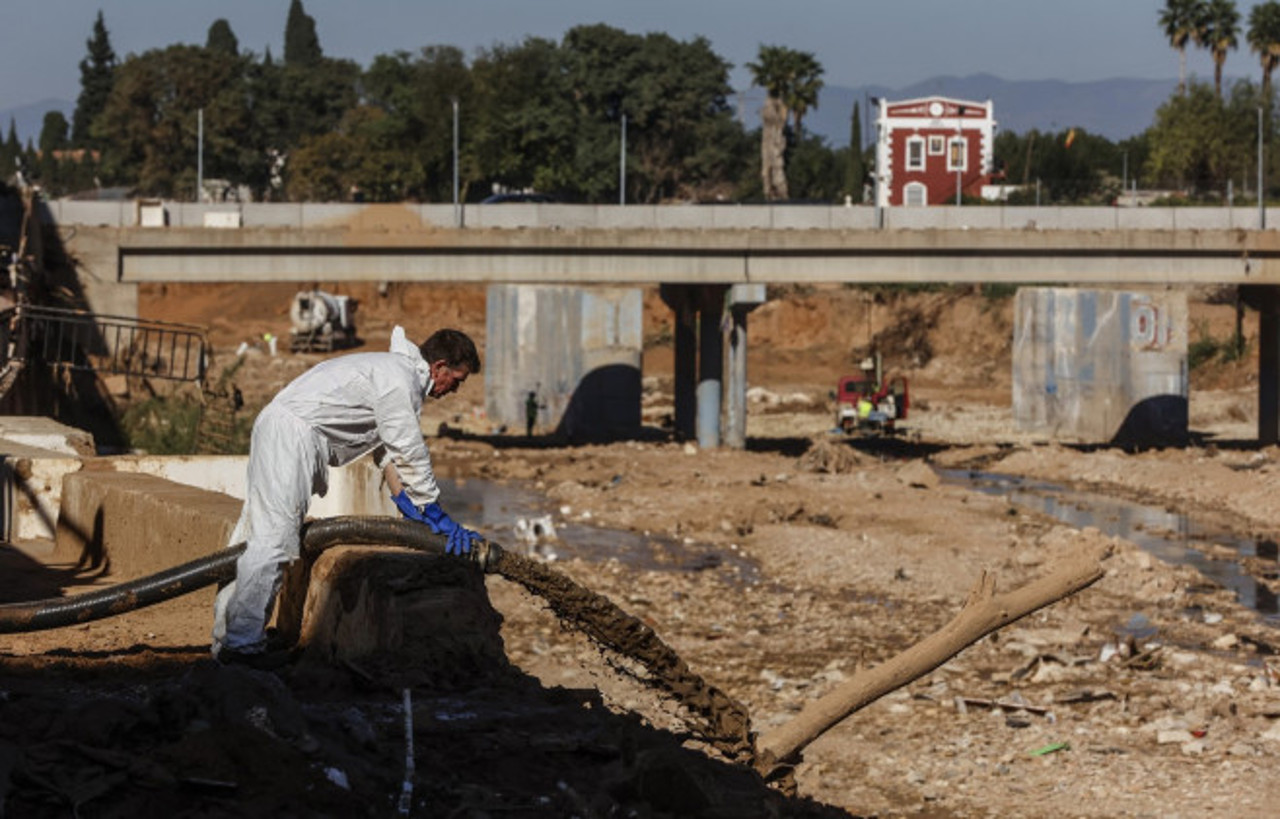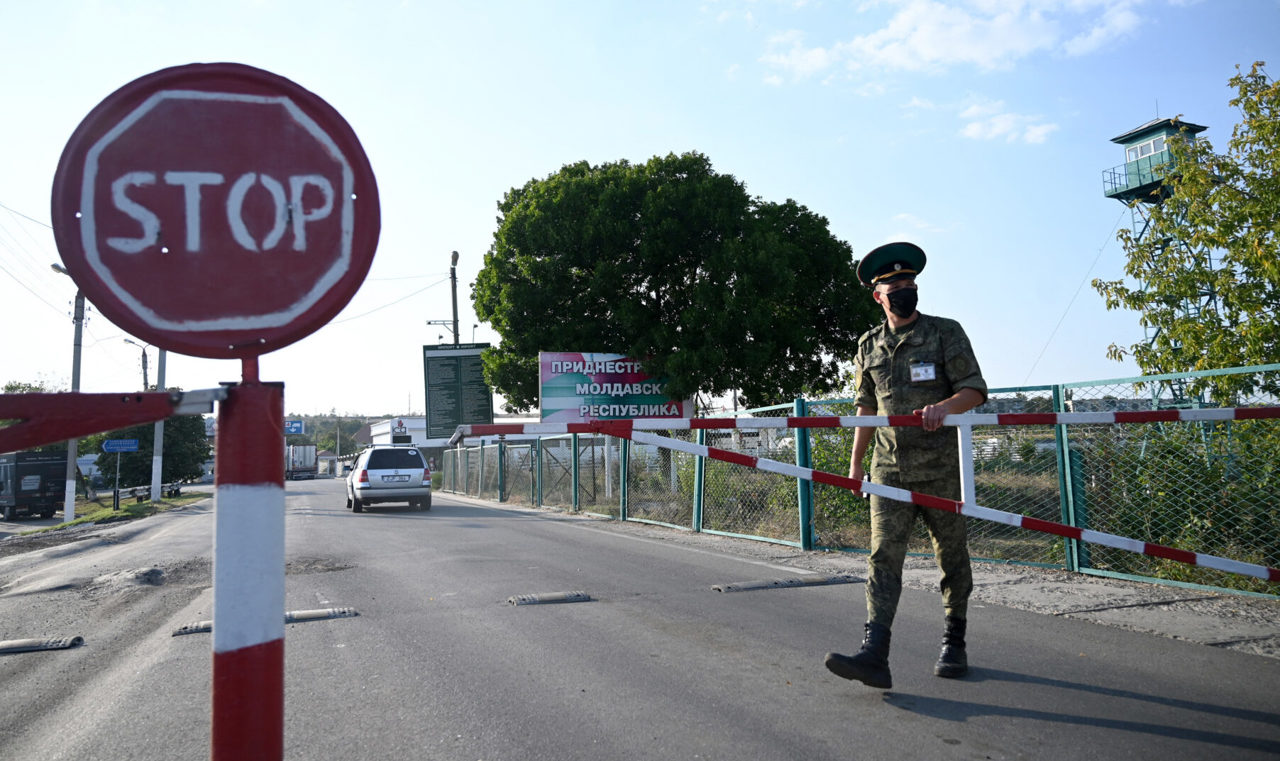Spain's climate emergency measure: Paid leave and aid package
In a landmark move following the devastating October floods that claimed 224 lives, Spain’s left-wing government has approved a new policy granting paid climate leave of up to four days.

This initiative seeks to ensure the safety of workers during weather emergencies by allowing them to refrain from commuting when extreme weather strikes, as reported by The Guardian.
The unprecedented floods on 29 October were the deadliest in Spain in decades, sparking public outcry over corporate responses to the crisis. Several companies faced criticism for compelling employees to work even after the national weather agency issued a red alert, citing insufficient warning time and delayed telephone alerts. These lapses highlighted the urgent need for systemic changes to safeguard workers during climate-induced emergencies.
Labour Minister Yolanda Díaz emphasized the new policy’s purpose: “We are regulating in accordance with the climate emergency to ensure that no worker must face unnecessary risks,” she said during an interview with RTVE. According to the measure, workers must stay home if emergency authorities raise an alarm, preventing them from having to travel under hazardous conditions. Beyond the four-day period, a flexible workday system remains available to support workers during extended emergencies, a mechanism already in place for various crises.
The legislation draws inspiration from similar policies in Canada, noted Díaz, who framed the policy as a defense against “climate denialism from the right,” reaffirming Spain’s commitment to progressive environmental policies. The government’s proactive approach has been met with both praise and scrutiny, as it marks an acknowledgment of the far-reaching implications of climate change on daily life.
Economy Minister Carlos Cuerpo pointed out that the cost of weather-related catastrophes could double by 2050. In response to the recent tragedy, the government has also pledged €2.3 billion in new aid to support flood victims, further underlining its commitment to addressing climate impacts.
Experts note that extreme rainfall has become more frequent and severe due to human-induced climate change, which warms the atmosphere and allows it to retain more moisture. This phenomenon has been particularly pronounced in Europe, parts of Asia, and regions of North and South America, exacerbating the risk and intensity of flooding. Although factors like flood defenses and land use contribute to the variation in flood severity, the growing prevalence of extreme weather underscores the urgent need for policies like paid climate leave.
The October floods had a particularly devastating impact on Valencia, where 216 of the 224 deaths occurred. Regional president Carlos Mazón admitted that the disaster revealed systemic shortcomings but resisted calls to resign, attributing the catastrophic and “apocalyptic” scale of the event to an overwhelmed response system.
Just weeks after the floods, Spain faced more torrential rain, leading to the evacuation of 3,000 residents in Málaga. The rapid succession of these extreme weather events has reinforced the pressing necessity for policies that protect the public and acknowledge the shifting climate landscape.
Spain’s paid climate leave represents a bold step forward in adapting workplace regulations to meet the realities of a changing world, setting an example for other nations grappling with the impacts of climate change.
Translation by Iurie Tataru





